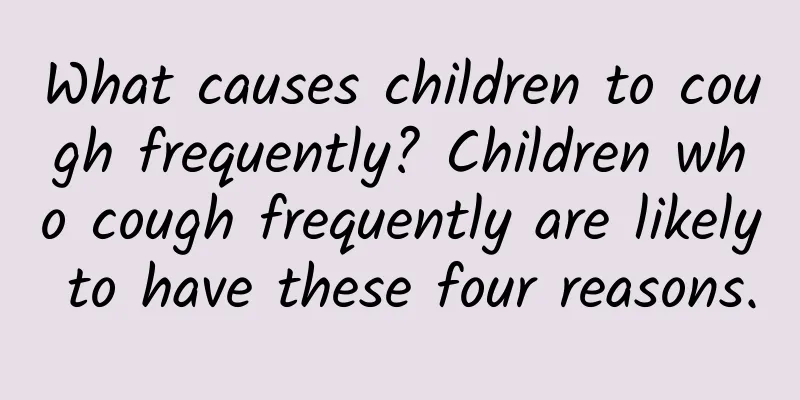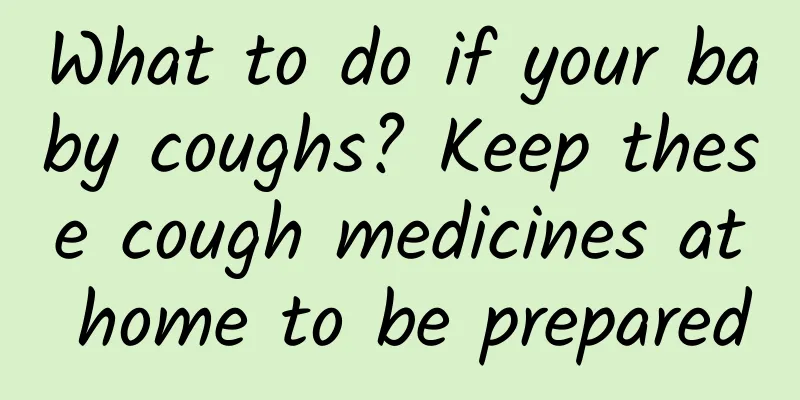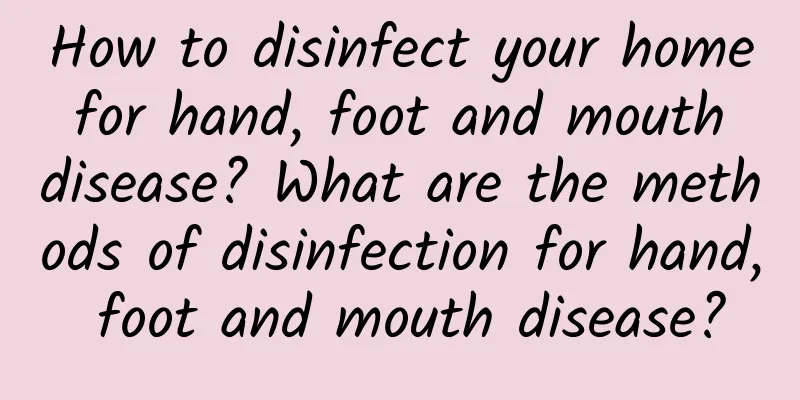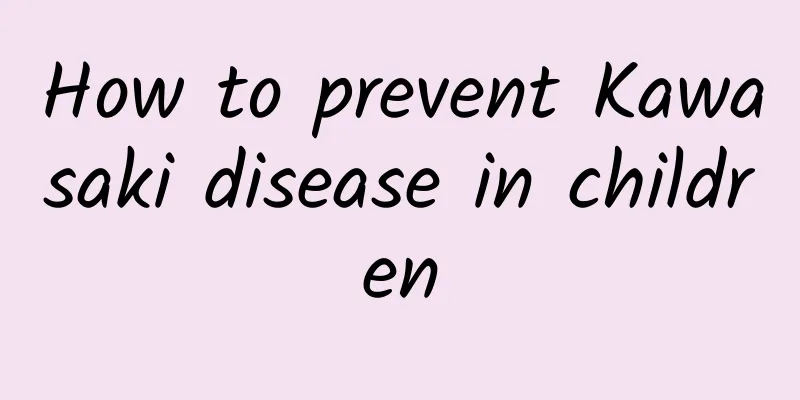Reasons for high jaundice in babies

|
Newborns have too many red blood cells in their bodies. After the red blood cells are destroyed, too much bilirubin is produced. Bilirubin is the direct cause of jaundice, so newborns will have high jaundice. The metabolism of bilirubin requires the participation of liver enzymes in the liver. The liver function of newborns is not very perfect, which leads to insufficient secretion of liver enzymes, resulting in untimely excretion of bilirubin and high jaundice. The excretion of bilirubin requires the participation of the bile duct. The bile duct function of newborns is not yet perfect, so bilirubin accumulates in the body and cannot be excreted in time, causing excessive bilirubin and high jaundice. Bilirubin can also be excreted from the feces, but the meconium of newborns is relatively viscous, which makes the excretion of bilirubin not very smooth, resulting in excessive bilirubin in the newborn's body, leading to high jaundice. The incompatibility of the mother and child's blood types causes bilirubin to accumulate in the newborn's body and cannot be excreted. In addition, pathological jaundice may be caused by the newborn's disease, such as neonatal asphyxia, premature birth, infection and other factors. Bacteria can cause excessive neonatal jaundice. Breastfeeding can cause bilirubin to accumulate in the newborn's body, resulting in high levels of jaundice in the newborn. Jaundice in children and the dangers of high neonatal jaundicePhysiological jaundice in newborns can disappear on its own, but pathological jaundice is a group of diseases caused by many reasons and must be discovered and treated as early as possible. Newborns with severe jaundice should be alert to the occurrence of kernicterus, especially immature infants. The younger the age, the higher the incidence rate. Generally, within 12-48 hours after the onset of severe jaundice, symptoms such as mental depression, drowsiness, weak sucking, decreased muscle tension, vomiting, and refusal to eat milk may appear. If treated in time, they can recover completely. Jaundice in children Physiological jaundice in newbornsPreviously, it was believed that treatment was unnecessary. In view of the current promotion of eugenics and improving population quality, special attention should be paid to the following points: Start breastfeeding early to speed up the excretion of meconium. Hunger, hypoxia, constipation, dehydration, acidosis, cephalohematoma, etc. can aggravate physiological jaundice and should be treated. Hypercholesterolemia: The main harm is the occurrence of kernicterus. In the study of kernicterus, it was previously believed that indirect bilirubin was fat-soluble and lipophilic. In its free state, it has an affinity for brain cells rich in cephalin, and can easily pass through the blood-brain barrier to damage nerve nuclei and cause kernicterus. Regardless of the cause, pathological jaundice can cause "kernicterus" in severe cases, which has a poor prognosis. In addition to causing damage to the nervous system, severe cases can cause death. Therefore, prevention of neonatal pathological jaundice should be emphasized, such as preventing toxoplasmosis and rubella virus infection during pregnancy, especially in the early stages of pregnancy; preventing sepsis after birth; and vaccinating newborns with hepatitis B vaccine at birth. |
<<: Can pathological jaundice be cured by taking medicine?
>>: What does the baby's jaundice value mean?
Recommend
What to do if your baby has a dry cough without sputum
The baby's physique is relatively weak, so it...
Does mumps cause fever headaches? Treatment of mumps
Mumps is also known as "big ears" or &q...
How to prevent acute laryngitis in children in daily life
How to prevent acute laryngitis in children in li...
What are the symptoms of pathological jaundice in children? Be alert to the following four symptoms
Everyone has some understanding of jaundice. Some...
Diarrhea examination items for children
Children are the treasures of every family. Paren...
What causes hernia in children?
Pediatric hernia is a common pediatric surgical d...
How long does it take to get better after taking medication for ADHD?
The course of drug treatment for tics varies from...
Can children supplement calcium in summer? What should children pay attention to when supplementing calcium in summer?
Children can take calcium supplements in the summ...
Early symptoms of hand, foot and mouth disease in children
The initial symptoms of hand, foot and mouth dise...
How long is polio contagious?
Poliomyelitis has a certain infectious period, us...
How to treat children's eczema with traditional Chinese medicine
Children with eczema can be treated with traditio...
What foods should children not eat when they have a cough? What are the treatments for children's cough?
Once a child has a cough, they should not eat man...
The impact of hand, foot and mouth disease on children
Hand, foot and mouth disease mainly affects child...
What to do if children have chapped and peeling lips? Does applying lipstick work if children have chapped and peeling lips?
Some children are prone to chapped lips due to la...
What is the common sense of polio care?
Polio is an infectious disease. Many children hav...









